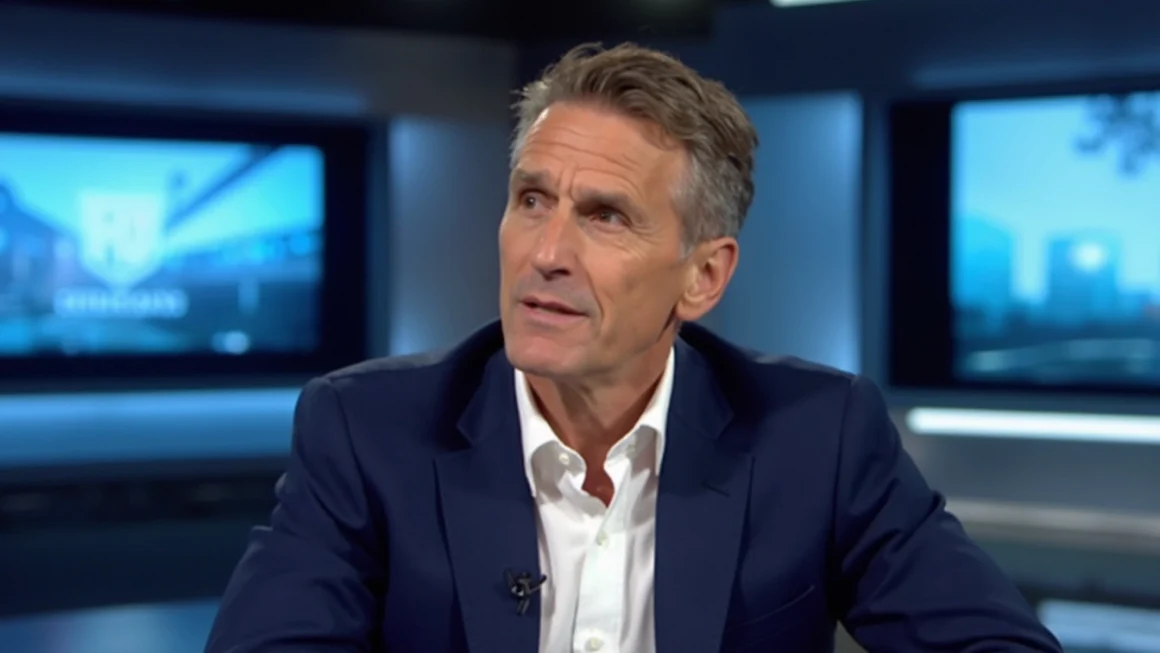Understanding the Controversy: BBC’s Decision on Gary Lineker
Table of Contents
The recent decision by the BBC to suspend Gary Lineker from presenting Match of the Day has sparked intense debate and raised questions about impartiality in public broadcasting. This move came after Lineker’s comments on social media regarding the UK government’s asylum policy, which the BBC deemed a breach of its impartiality guidelines.
The Twitter Storm
Lineker, a former England footballer and one of the BBC’s highest-paid presenters, found himself at the center of controversy after comparing the language used in the government’s new asylum policy to that of 1930s Germany. His tweet, which criticized the government’s approach to tackling small boat crossings in the English Channel, quickly went viral and drew both support and criticism.
BBC’s Stance on Impartiality
The BBC, as a public service broadcaster, has strict guidelines on impartiality, especially for its high-profile presenters. The corporation argues that Lineker’s comments crossed a line, potentially compromising the BBC’s reputation for unbiased reporting. This incident has reignited discussions about the balance between personal opinions and professional responsibilities in the age of social media.
Public and Political Reactions
The decision to remove Lineker from his presenting duties has elicited strong reactions from various quarters:
- Supporters of Lineker argue that he was expressing a personal view on a platform separate from his BBC work.
- Critics of the BBC’s decision claim it infringes on freedom of speech.
- Some politicians have praised the BBC for upholding its impartiality standards.
- Others have accused the corporation of bowing to political pressure.
The Wider Implications
This controversy extends beyond just one presenter and one tweet. It touches on several important issues:
- The role of public figures in political discourse
- The boundaries of free speech for media personalities
- The challenges of maintaining impartiality in an increasingly polarized society
- The impact of social media on traditional media guidelines
The Future of Match of the Day
The immediate impact of this decision was felt on the popular football show Match of the Day. With Lineker stepping back, several of his colleagues, including Ian Wright and Alan Shearer, announced they would not appear on the program in solidarity. This has forced the BBC to radically alter the format of one of its flagship sports programs, at least temporarily.
Navigating the Digital Age in Broadcasting
This incident highlights the ongoing challenge for broadcasters in navigating the digital age. The line between personal and professional personas can often blur on social media platforms. As automation and digital tools continue to shape the media landscape, organizations like the BBC must constantly reassess their policies to maintain their integrity while adapting to new forms of communication.
The Broader Debate on Impartiality
The Lineker controversy has reignited a broader debate about impartiality in journalism and broadcasting. Questions being raised include:
- How should public broadcasters balance freedom of expression with impartiality?
- Is it realistic to expect complete neutrality from high-profile presenters on social issues?
- How do these standards apply to different types of programming (news vs. sports or entertainment)?
Potential Long-term Consequences
The fallout from this decision could have several long-term impacts:
- Reassessment of social media policies for BBC presenters and staff
- Potential changes in how public figures engage with political issues
- A renewed focus on the role and responsibilities of public service broadcasting
- Possible shifts in public trust and perception of media impartiality
Conclusion: A Complex Issue with No Easy Answers
The Gary Lineker controversy is more than just a disagreement between a presenter and his employer. It represents the complex challenges facing modern media organizations in balancing free speech, impartiality, and public trust. As the situation continues to unfold, it will likely prompt further discussions about the role of public figures in political discourse and the evolving nature of media in the digital age.
This incident serves as a reminder of the delicate balance that must be struck between personal expression and professional responsibilities, especially for those in the public eye. As we move forward, it’s clear that these issues will continue to be at the forefront of media ethics and policy discussions.




